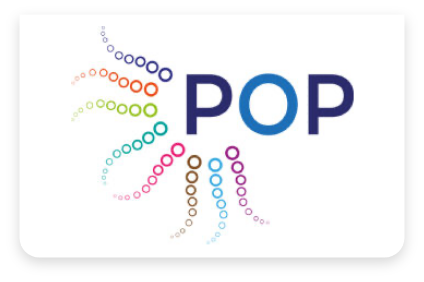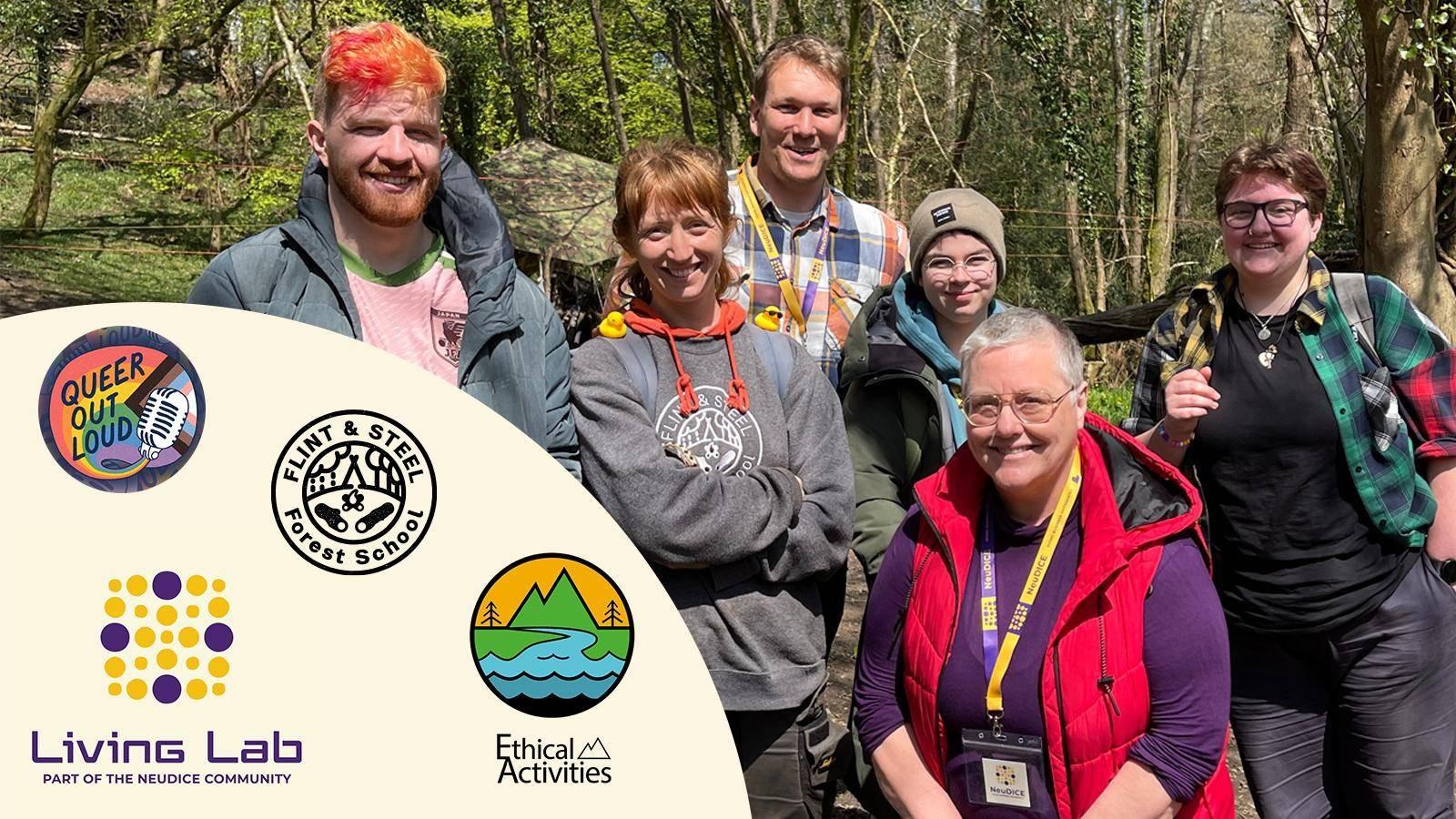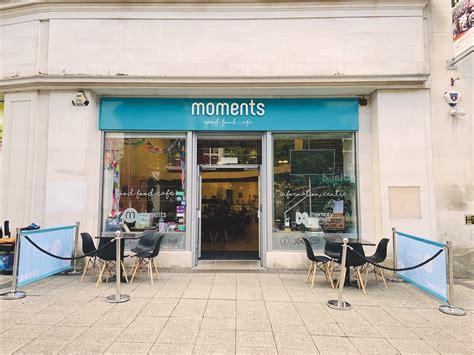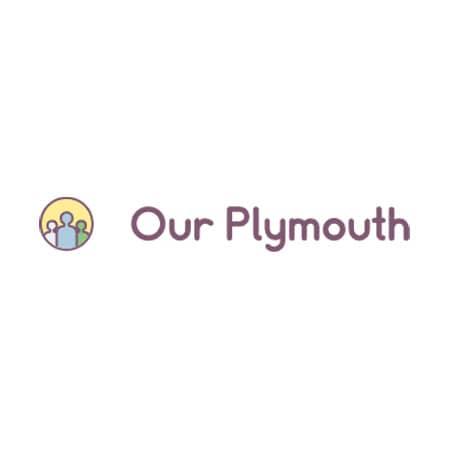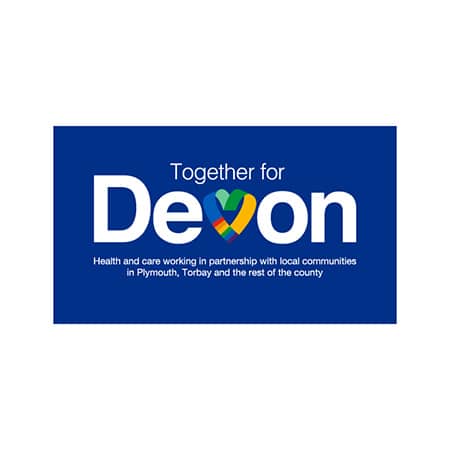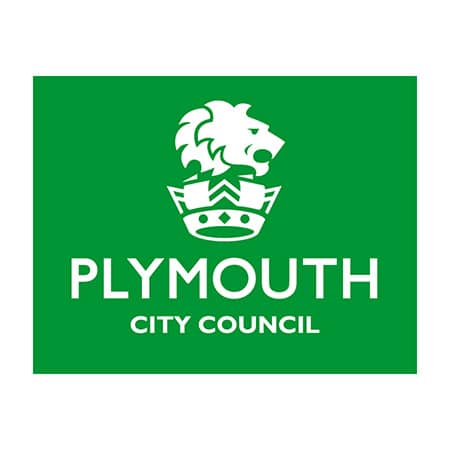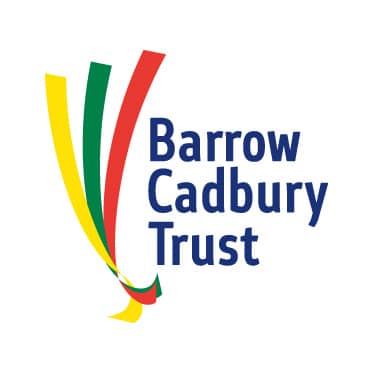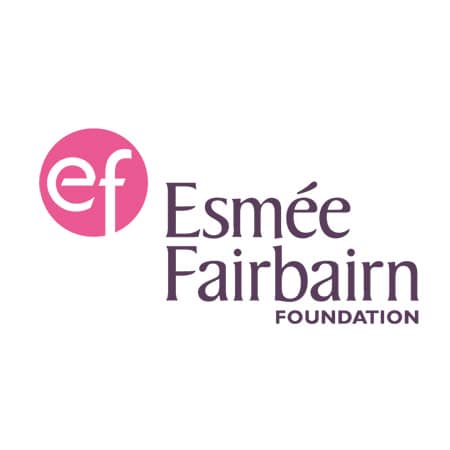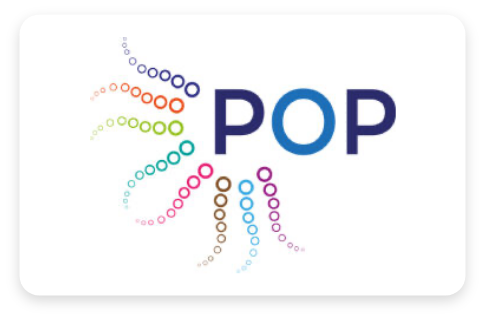Collaborators
- NeuDICE CIC
- Queer Out Loud
- Flint and Steel CIC
The NeuDICE Plymouth Living Lab will provide a monthly space for neurodivergent entrepreneurs to share their experiences of getting their support needs met running their businesses.
Short term, the focus each month is using our ‘scruffy research’ approach to build knowledge of what works for us and our organisations. These are the quick hacks that keep our organisations going day to day in a world that doesn’t work for us, yet!
By holding regular monthly sessions, hosted by and for neurodivergent entrepreneurs, we hope to gather data and insights to meet our needs in the long term.
NeuDICE Plymouth hosted its first Living Lab in April. This saw a collective of neurodivergent entrepreneurs from Plymouth meet and share their experiences and challenges of entrepreneurship. Most importantly we were all able to put in place new ideas and strategies to support ourselves that we didn’t have before the Living Lab session.
We then lost momentum for our May and June labs without funding to cover the cost of a venue, a host to facilitate and write up each month’s findings. This collective will mean we can plan ahead with venues and put the support and resources in place to meet the responsibility of hosting each month.
Whilst NeuDICE has ambitious plans for building academic partnerships to use Living Lab data to inform high-quality research that can influence policymakers, this collective is focused on the needs of neurodivergent entrepreneurs in Plymouth. Our collective will ensure they have a safe space that can meet their sensory and social needs.
The Living Lab approach harnesses each member’s unique ways of working to get potential new hacks out and being used by the community without the delays that are built into more formal training and research. Feedback from the community is used in real time to tweak hacks and improve understanding of how they work, for whom and why.
How does this happen at a Living Lab meet-up? As a community, we identify challenges we face and share hacks and solutions that work for us. Within a meet-up, people will talk about challenges. Anyone who has found a personal solution offers their ideas. Some challenges remain without any ideas to try. These are collected and ranked for importance and urgency.
When a meet-up identifies something that works, we share the idea across the Living Lab for others to try that idea. Sometimes we go on to develop it into a new product or services that can benefit the wider Plymouth community. Plymouth Living Lab members are already supporting Plymouth Social Enterprise Network to make their services neuroinclusive. Our collective will get this knowledge where it needs to be; ready to be used by Plymouth entrepreneurs.
Living Lab
Mimi, Heather and Stu met through our shared passion for nature and social enterprise. We were brought together by Heather’s Forest school, Flint and Steel CIC. This gave us a space where we could be ourselves and live our shared values. Heather running the company, Stu attending weekly sessions with their toddler, and Mimi bringing their creative practice outdoors. The first time we were all in the space together was Stu’s toddlers 3rd birthday party in the woods!
The six principles of Forest School have many overlaps with the Living Lab approach. Both make sure participants have regular opportunities to attend, rather than one off sessions. Participants’ learning and development is always at the centre of practice where they are supported to take risks appropriate for themselves. Natural wooded spaces can provide the sensory experiences that neurodivergent people need to engage and thrive, both children and adults!
Flint and Steel generously hosted the first NeuDICE Plymouth Living Lab. Some shared needs emerged after this first session: To not feel like a guest. A sense of place. A sense of belonging. We often feel like guests in a neurotypical workplace. Building autonomy and independence – reduced demands for social interactions at times like closing when our monotropic minds will find it hard to shift focus. We don’t want to own the space but we want to build a relationship with it over time, so we feel safe.
To summarise where the collective is now: Mimi’s work through Queer Out Loud and Stu’s work through Ethical Activities CIC is progressing but we don’t have the sense of belonging and place we need. Flint and Steel CIC can help us hold the space we need and NeuDICE CIC is building a community where we can belong. This collective will give us access to the advice and resources we need to give all neurodivergent entrepreneurs in Plymouth the opportunity to benefit from our Living Lab.
